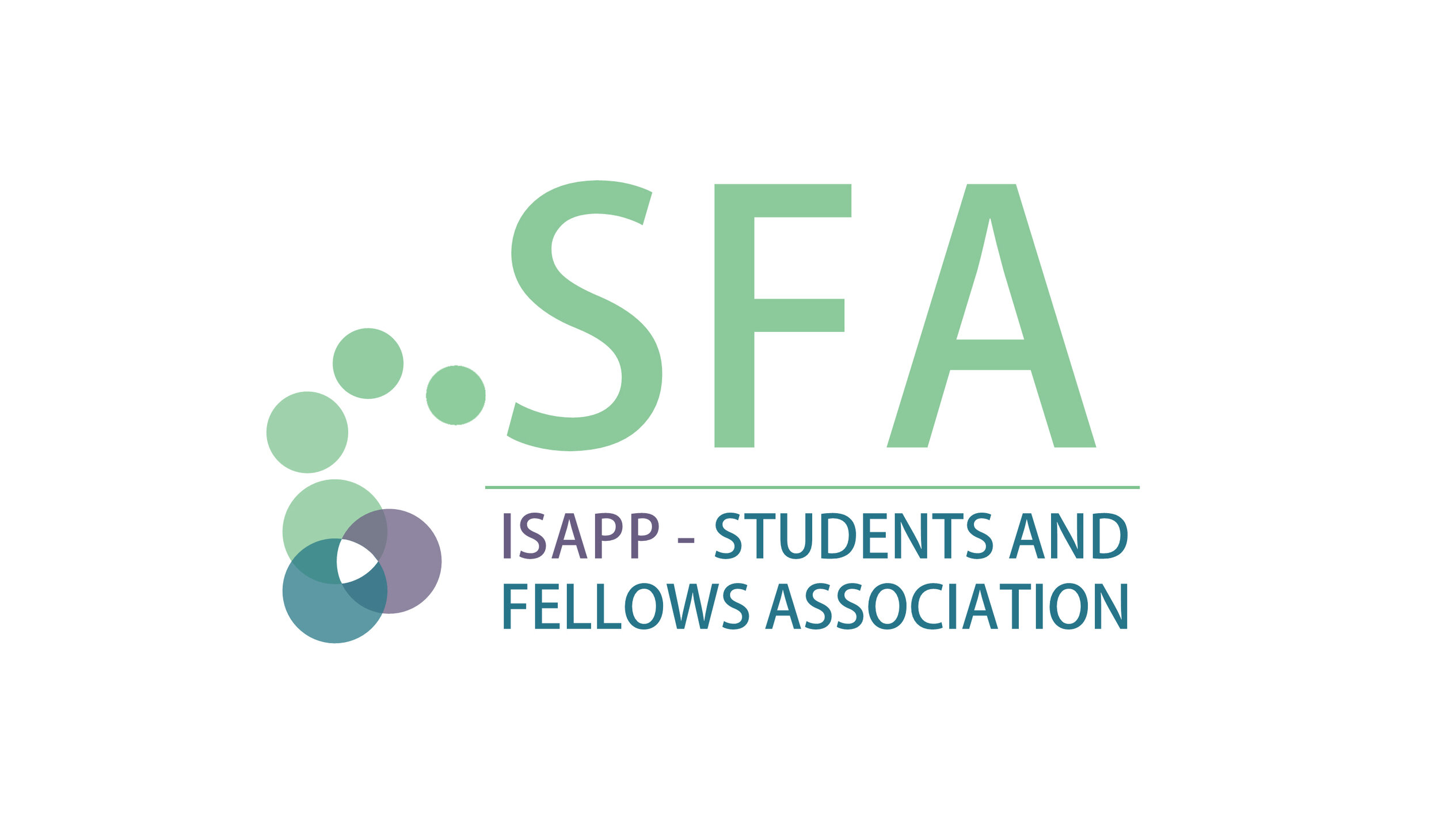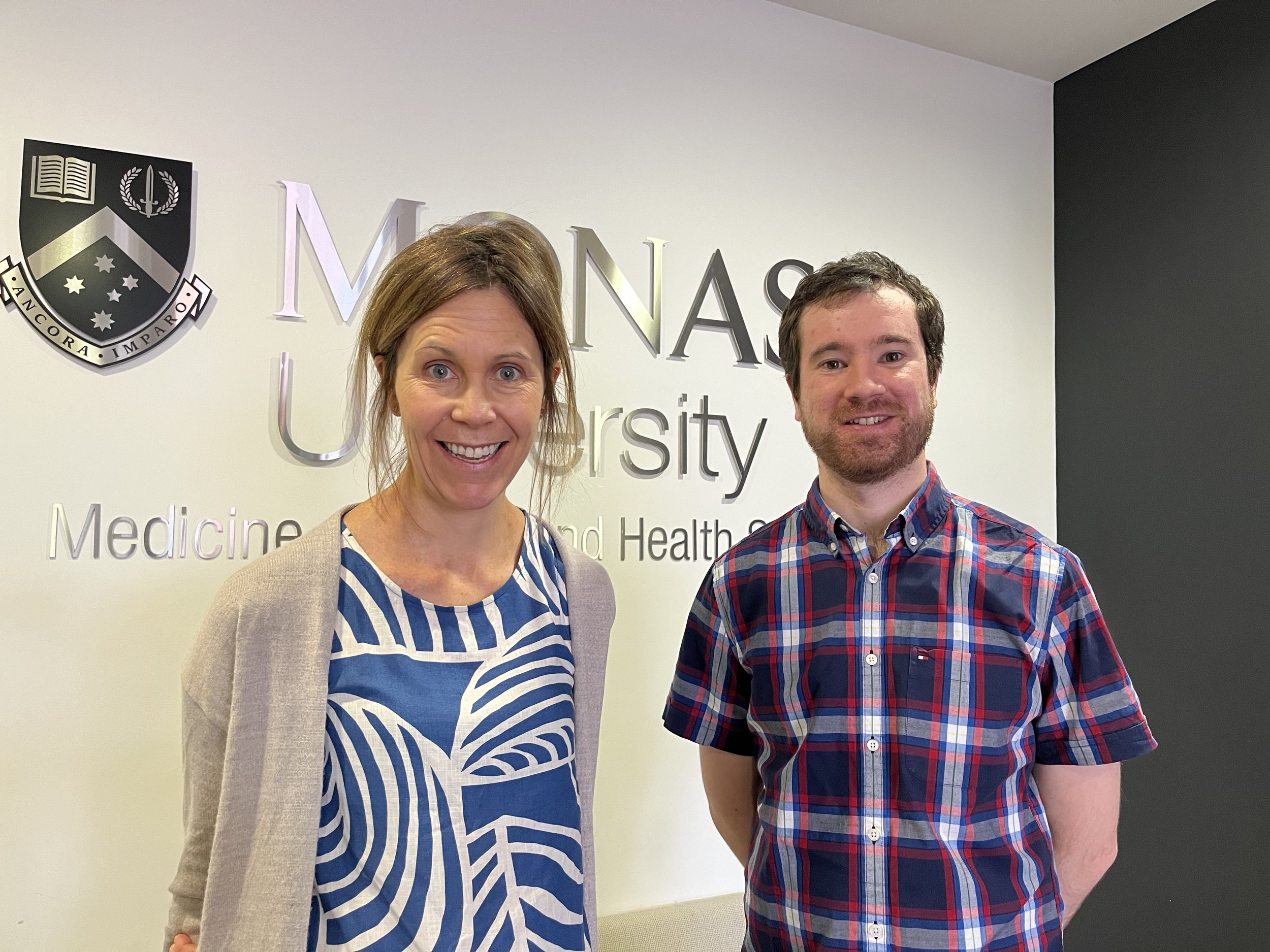Could targeting the gut microbiota using diet have therapeutic benefit for people experiencing Long COVID?
By Dr. Paul Gill, PhD
I’ve always been fascinated by the relationship between diet and the immune system. Maybe it stems from my Irish mother who always brewed a hot whiskey and lemon drink as a cure for a cold. However, this fascination has now developed as a career in research, through my scientific journey as a PhD student and early career researcher.
The importance of our immune system has become very apparent during the COVID-19 pandemic. Although the most severe stage of the COVID-19 global pandemic may be slowly fading from memory, a significant group of people still experience long-term symptoms after COVID-19 infection. Post-acute COVID-19 syndrome (PASC), better known as long COVID, is estimated to affect 10-20% of people who are infected with SARS-CoV-2 and has emerged as a new global health issue (1). Long COVID may affect multiple organ systems more than 2 months after infection. Individuals may experience a wide range of symptoms such as cognitive impairment, fatigue, immune and gastrointestinal dysfunction. Unsurprisingly, the impacts of long COVID extend beyond health, and may have long-term social and economic impacts (2).
The wide spectrum of symptoms that are caused by long COVID has made it challenging to find reliable biomarkers of disease. However, it has been observed that people with long COVID have significant dysbiosis in their gut microbiota . In particular, they carry fewer species such as Adlercreutzia equolifaciens, Bifidobacterium adolescentis and Faecalibacterium prausnitzii (3). They also have a reduced capacity to produce short-chain fatty acids (SCFA), molecules that I spent my PhD investigating (4). Microbial metabolites such as SCFA may be an important conjugate between the gut microbiota and pathology of long COVID symptoms. This is through their capacity to modulate the immune system. SCFA can modulate the phenotype and function of immune cells that have been identified as dysfunctional in Long COVID . This may be by reducing inflammation triggered by inflammatory cytokines derived from innate immune cells such as neutrophils and macrophages, as well as adaptive cells such as T lymphocytes (5).
Potential therapeutic effects may also extend beyond the immune system, given the increasing appreciation for both the gut-lung and gut-brain axis. These may also be modulated by microbial metabolites, as SCFA may regulate both gut and brain-barrier function (6). Taken together, the gut microbiota may be a valuable target for therapy in Long COVID. Indeed, pre-clinical models show that consumption of fermentable fibers such as inulin increase SCFA and ameliorate symptoms of SARS-CoV-2 infection in hamsters (7). Although, it is not yet known if fermentable fibres may be of benefit in humans, particularly those with Long COVID.
Dr Jane Varney and Dr Paul Gill are undertaking a study investigating the dietary fibre consumption in Long COVID patients.
My colleague Dr Jane Varney and I are hoping to answer this question, combining expertise across Immunology, Gastroenterology and Respiratory medicine with a multi-disciplinary research team at Monash University. This approach ensures that our research can be appropriately designed for patients with long COVID. For example, some patients with long COVID may also develop Irritable bowel syndrome which means that the dose of fermentable fibers must be carefully chosen (8). The logistics must also be carefully considered in this study, ensuring that biological samples are collected at the correct time to allow rapid preservation of sensitive stool samples or timely measurements of immune populations that rapidly decline in blood once collected. It sometimes feels that a study researcher may be akin to a ‘jack of all trades’, spending time in the lab running immunophenotyping assays, to spending the afternoon in a commercial kitchen preparing muffins for the intervention study (an exact scenario that played out for me just last week). However, with a strong multi-disciplinary study team, the study will function as smoothly as possible.
A key aspect of study logistics, transporting patient samples to the lab!
Emerging clinical evidence has begun to show that targeting the gut microbiota has therapeutic benefit in long COVID. A recently published randomized, double-blind, placebo-controlled trial in 463 long COVID patients in Hong Kong found that consumption of a symbiotic (comprising live microorganisms and substrate(s) selectively utilized by host microorganisms that confers a health benefit on the host) containing strains of Bifidobacterium with prebiotic fiber for 6 months increased SCFA-producing bacteria and reduced symptoms of long COVID when compared to the placebo group (9). We hope that our research will help to determine what elements of the gut microbiota may be directly regulating the multi-organ symptoms of long COVID.
With the current lack of therapeutic options for Long COVID, there is a clear need to explore the use of non-pharmacological agents to treat symptoms associated with Long COVID, such as gut dysbiosis, immune dysfunction and fatigue. Our team is hoping that targeting the gut microbiota using diet could have therapeutic benefit in a patient population with an urgent need for improved care, develop dietary therapy that goes beyond that of my mother’s hot whiskey and lemon brew.
References
1. Coronavirus disease (COVID-19): Post COVID-19 condition , World Health Organisation, https://www.who.int/news-room/questions-and-answers/item/coronavirus-disease-(covid-19)-post-covid-19-condition
2. The COVID Decade: understanding the long-term societal impacts of COVID-19, The British Academy. https://www.thebritishacademy.ac.uk/publications/covid-decade-understanding-the-long-term-societal-impacts-of-covid-19/
3. Su Q, Lau RI, Liu Q, Li MKT, Yan Mak JW, Lu W, et al. The gut microbiome associates with phenotypic manifestations of post-acute COVID-19 syndrome. Cell Host Microbe. 2024;32(5):651-60 e4.
4. Gill PA, Muir JG, Gibson PR, van Zelm MC. A randomized dietary intervention to increase colonic and peripheral blood SCFAs modulates the blood B- and T-cell compartments in healthy humans. Am J Clin Nutr. 2022;116(5):1354-67.
5. Altmann DM, Whettlock EM, Liu S, Arachchillage DJ, Boyton RJ. The immunology of long COVID. Nat Rev Immunol. 2023;23(10):618-34.
6. Aburto, M.R., Cryan, J.F. Gastrointestinal and brain barriers: unlocking gates of communication across the microbiota–gut–brain axis. Nat Rev Gastroenterol Hepatol 21, 222–247 (2024).
7. Song, I., Yang, J., Saito, M. et al. Prebiotic inulin ameliorates SARS-CoV-2 infection in hamsters by modulating the gut microbiome. npj Sci Food 8, 18 (2024).
8. Marasco G, Cremon C, Barbaro MR, et al. Post COVID-19 irritable bowel syndrome. Gut 2022; gutjnl-2022-328483.
9. Lau RI, Su Q, Lau ISF, Ching JYL, Wong MCS, Lau LHS, et al. A synbiotic preparation (SIM01) for post-acute COVID-19 syndrome in Hong Kong (RECOVERY): a randomised, double-blind, placebo-controlled trial. Lancet Infect Dis. 2024;24(3):256-65.



